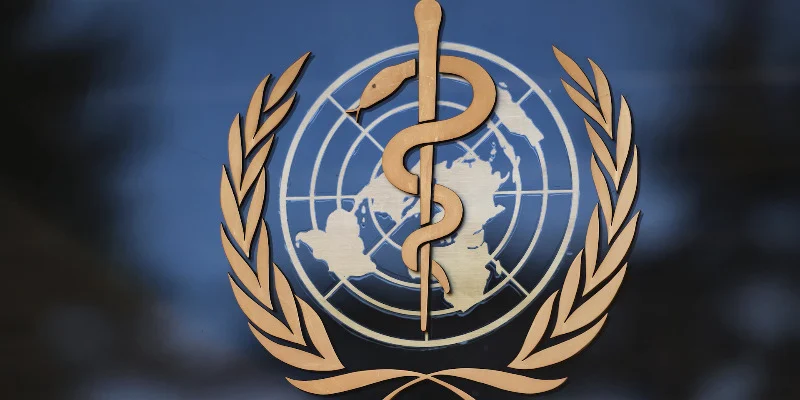Breaking News
WHO Warns AMR Is Reversing Decades of Medical Progress as Death Rates Surge Globally
During AMR Awareness Week 2025, WHO warned that antimicrobial resistance is rapidly worsening, reversing medical gains and causing millions of deaths—especially in Nigeria and Sub-Saharan Africa. The agency urges urgent, coordinated global action to prevent a major health and economic crisis.

As the world marks the 2025 World Antimicrobial Resistance (AMR) Awareness Week, the World Health Organisation (WHO) has issued a stark warning about the accelerating threat of drug-resistant infections, urging urgent global cooperation to prevent millions of deaths and avert a severe economic crisis.
In a message commemorating the Week, WHO Representative and Head of Mission to Nigeria, Dr. Pavel Ursu, described AMR as “a multidimensional health threat evolving rapidly, quietly, and reversing decades of medical progress.”
He cautioned that antimicrobial resistance is no longer a distant concern but “a present danger that is already disproportionately targeting lower- and middle-income countries and the world’s most vulnerable populations.”
The global impact is already deadly. In 2021 alone, AMR was associated with 4.71 million deaths worldwide, with 1.14 million directly caused by drug-resistant infections. Sub-Saharan Africa—where health systems face chronic strain—recorded 250,000 direct AMR deaths in the same year.
“Drug-resistant infections are increasing, but the awareness, financing, investment and actions remain inadequate. Outbreaks among poor IPC settings, vulnerable groups and children are silently killing people in the community and hospitals,” Ursu said.
He noted that AMR is undermining gains in maternal and child health, threatening universal health coverage, and placing essential medical procedures—such as cancer treatment, surgeries, and organ transplants—at risk of failure.
Economically, the world could lose US$1 trillion annually if AMR continues unchecked, with an estimated 178 million healthy life years (DALYs) already lost.
Nigeria remains among the hardest hit. Since 1990, the country has recorded over 60,000 AMR-related deaths every year. In 2021 alone, 50,500 deaths were directly linked to drug-resistant infections, while 227,000 additional deaths were associated with AMR. Children under five bore the highest burden.
“These alarming estimates underscore the urgency for collective action,” Ursu said.
“Nigeria must accelerate AMR response by integrating prevention and control measures into primary health care guided by WHO’s people-centered approach.”
He urged the country to embed AMR strategies into broader national priorities, including food security, climate resilience, and sector-wide health approaches.
This year’s global theme, he added, is a direct call for decisive cross-sectoral action. “AMR is a present danger that demands immediate, sustained action.”
Ursu encouraged governments, civil society, health workers, veterinarians, farmers, environmental bodies, and communities to turn the political commitments made during the 2024 UN General Assembly High-Level Meeting on AMR into “tangible, accountable, life-saving interventions.”
Nigeria is set to host the 5th Global High-Level Ministerial Conference on AMR in Abuja in June 2026, placing it at the forefront of global AMR response.
He outlined key priorities for strengthening Nigeria’s AMR fight, including:
– One Health and AMR surveillance systems
– National AMR surveys and stronger laboratory capacity
– Equitable access to quality medicines and diagnostics
– Innovation in treatments, vaccines, and stewardship models
– Resilient health systems backed by long-term local financing
“Investment in AMR action is SMART. It is an essential step towards a healthier, more secure future,” Ursu said.
He stressed that solutions are within reach and that all sectors have a role to play. From hospitals adopting stewardship teams to farmers improving waste-management practices, he said every effort matters.
“Together, we can preserve the effectiveness of antimicrobials and ensure a healthier, more sustainable Nigeria for generations to come,” he concluded.
Opinion Nigeria News









